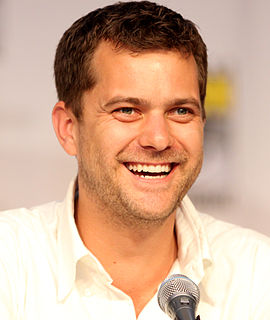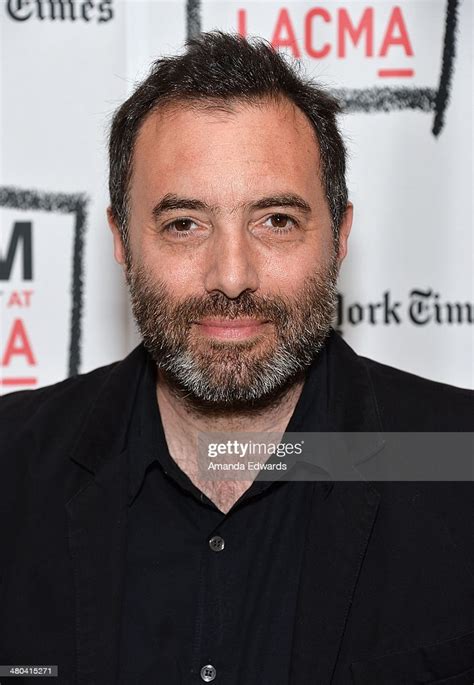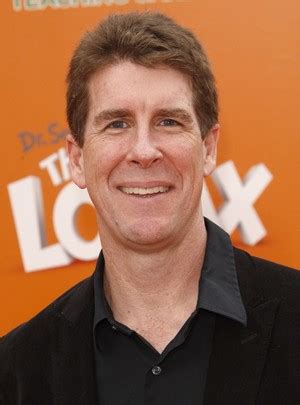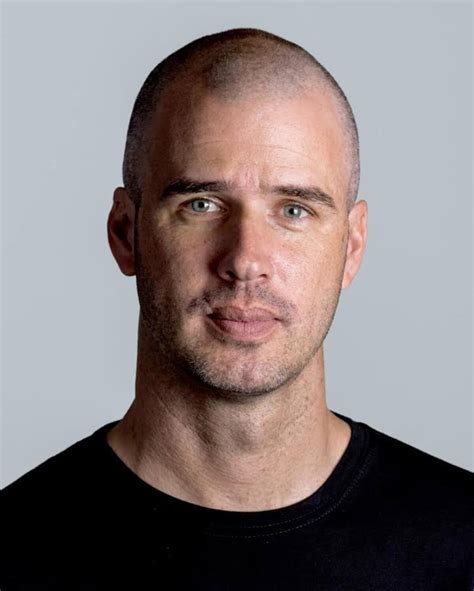A Quote by Joshua Jackson
Part of the beauty of a long-format story is that the characters become as much yours as they are mine, and you dream of them in a different way than I do.
Related Quotes
A dream inspiring a story is different than placing a description of a dream in a story. When you describe a character's dream, it has to be sharper than reality in some way, and more meaningful. It has to somehow speak to plot, character, and all the rest. If you're writing something fantastical, it can be a really deadly choice because your story already has elements that can seem dreamlike.
We all become different readers in how we respond to books, why we need them, what we take from them. We become different in the questions that arise as we read, in the answers that we find, in the degree of satisfaction or unease we feel with those answers...In the hands of a different reader, the same story can be a different story.
I think people are a mixture of everything. I like desperate characters because they do things that most of us normally wouldn't do. If a character is a scoundrel or a liar you think you know them, but then I can bring some emotion to them and they become much fuller than you ever imagined. So what I try to do is have a story where you don't quite know where it's going, and characters who you don't quite know where they're going.
You want to find the right balance, but you have to have the Minions because people responded so much to them. We wanted to find a story that would make the Minions more a part of the story than they were in the first movie. In this one, as you know, they're disappearing. What's happening to the Minions? We made them a much bigger part of the movie in those terms.
I don't know your story or your dreams or the things that steal your sleep, but I know they matter. I hope you story is rich with characters, rich with friends and conversation. I hope you know some people who carry you, and I hope you have the honor of carrying them. I hope that there's beauty in your memories, and I hope it doesn't haunt you. And if it does, then I hope there is someone who will walk you through the night and remind you of the promise of the sunrise, that beauty keeps coming, that there are futures worth waiting and fighting for, and that you were made to dream.



































